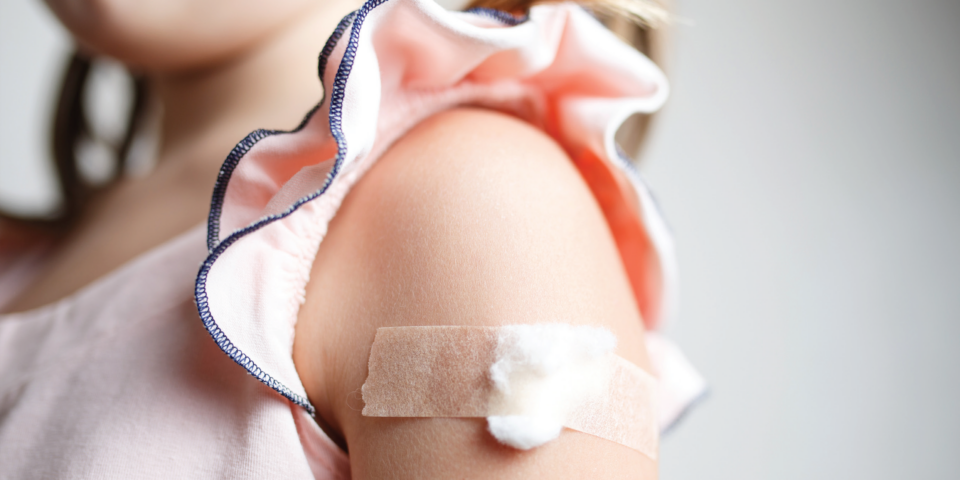A special Q&A with Abigail Stein, M.D. with TriHealth Pediatrics and Camille Graham, M.D., pediatrician at Mercy Health Primary Care and Family Medicine and Pediatrics in Kenwood covering preventative health measures and keeping your kids healthy this school year.
Q: According to the CDC’s website, “Vaccination is currently the leading public health prevention strategy to end the COVID-19 pandemic. Promoting vaccination can help schools safely return to in-person learning as well as extracurricular activities and sports.” Can you weigh-in on this information?
A: Pediatricians are so unbelievably thrilled that we now have a safe way to help prevent kids 12 years and older from getting and spreading COVID-19. Because of decades of previous research, a ton of resources and manpower, the vaccine was still able to quickly undergo the same steps and safety protocols that our other vaccines go through. The safety data in kids is excellent with the side effects being similar to those we see in adults – pain at the injection site, fatigue, chills and headaches. If you haven’t yet, please talk to your child’s pediatrician as soon as possible about getting your child vaccinated. — Stein
Q: How important is it for my kids to get other vaccinations since the COVID-19 vaccine is not currently available for ages 12 and younger?
A: Vaccines are truly the number one way that we have to keep healthy kids, healthy. Keeping your child up-to-date on their vaccines is one of the most important things you can do for them as a parent. Unfortunately, during the pandemic, a lot of kids have gotten behind on their shots, leaving a high likelihood of outbreaks in diseases that we are not used to seeing, such as measles and whooping cough. Because of this, now more than ever it’s important to make sure that your children are up to date on all their regular immunizations. — Stein
Q: It’s been a strange couple of years, and I’m concerned about my kids’ mental health – how can I help reduce my kids’ stress/anxiety throughout the new school year?
A: The best thing that you can do for your child during this stressful time is to simply be there for them. Some days it may feel like it more than others, but you are their best listener, teacher and advocate. Set aside a small amount of time after school where your phone and other distractions are out of sight and mind, and your number one focus is hearing about your child’s triumphs and challenges for the day. Do your best to avoid interrupting, judgements, and lectures, which will only be counterproductive and simply listen. When they are done talking, simply recognize how they are feeling. Knowing that you understand how they feel gives them peace of mind and makes them feel heard. Often, feeling heard is enough to move on from the stress and anxiety of that day. — Stein
Q: How can I tell the difference between influenza and COVID-19?
A: I cannot tell the difference between COVID and the flu; I cannot tell the difference between COVID and a cold. Unfortunately, the classic symptoms for flu are fever, chills, cough, runny nose, sore throat. Those are identical to the symptoms for COVID. Kids with a common cold also have those symptoms. In this time of COVID, it is impossible for anyone to look at a child if they have COVID, the flu or common cold. This is where we are. There is a lot that we don’t know but we do know the symptoms of COVID can just be a runny nose. It seems like we are going over backwards testing, testing, but that is the only way we can get a handle on the disease and get control of this outbreak. There are tests for both the flu and COVID. — Graham
READ MORE:





